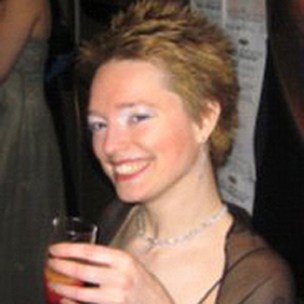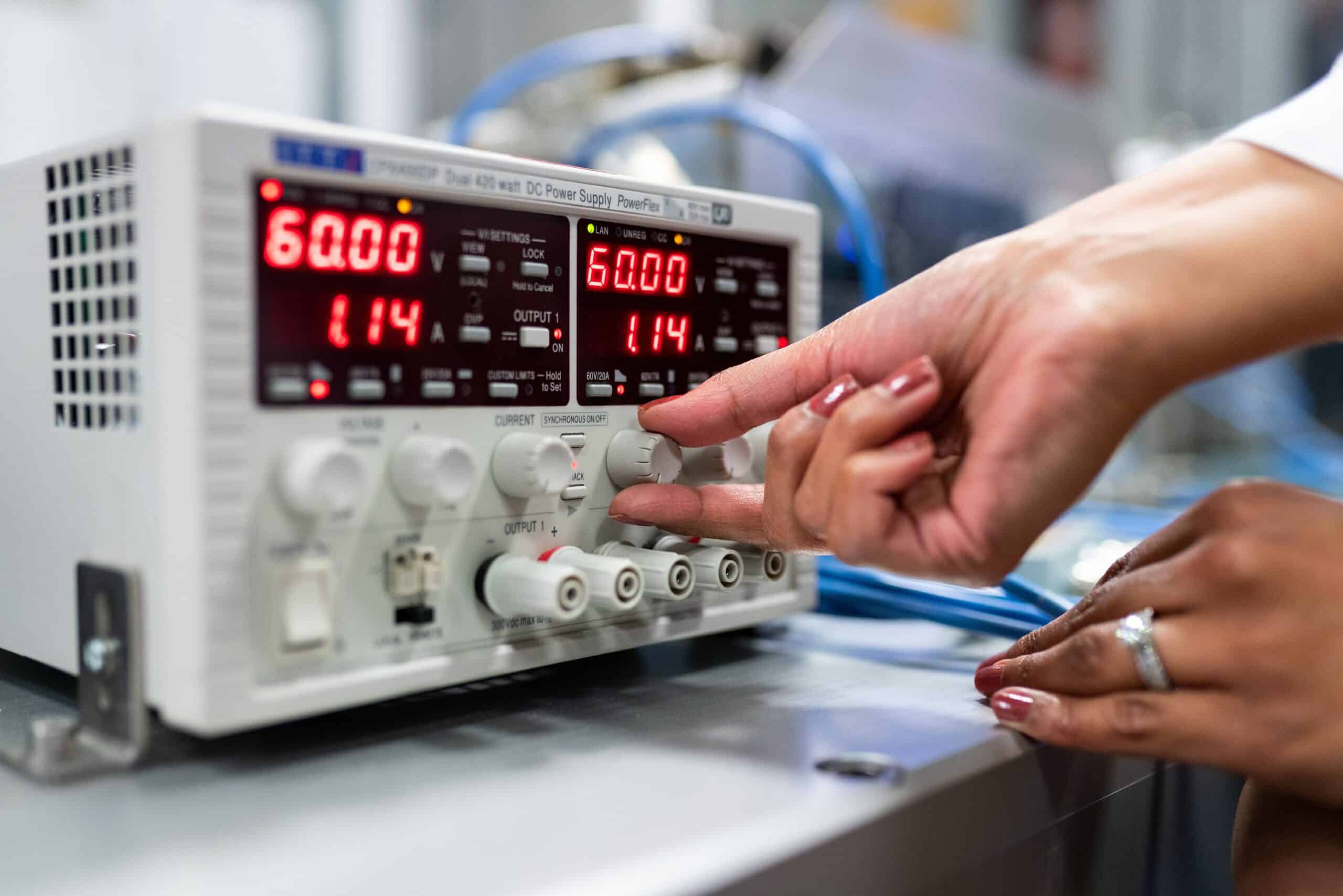Job Title: PhD Student
Organisation: University of Leicester
Number of years in current position: 3 years
Qualifications: BSc Physics, BTEC Management, FE & Adult Teacher’s Certificate
Now nearing the end of my nanotechnology studies, I have been researching how magnetic clusters of iron behave with rare earth metals and in different gases. The University of Leicester has one of the best physics departments in the UK and within the Condensed Matter Physics Group I have learnt a wide range of skills and techniques.
On an average day I will fill my 9Tesla magnet with liquid helium and then take magnetic measurements of my samples. If it is a sample-making day then I use an ultra high vacuum system to make clusters of iron which contain just 200 atoms. These clusters are smaller than the wavelength of light and may one day be used on computer hard disk drives to store information.
The best part of my job is the variation. I have learnt to use an electron microscope, used a synchrotron, handle cryogens, I make measurements using some of the best facilities in the world and then analyse the data on my computer. Understanding and using maths is like second nature in my work, Excel is my best friend!
Maths is the purest language. It can describe how a cell replicates, why a galaxy spins and which notes sound good together in music. It is the ultimate creation of humankind because it encompasses and governs all life. So many people have seen the equation E=mc2; they may not know what it means but still there is beauty in its simplicity and attraction in its fame.
My career choice was influenced by my abilities and my dreams. I love science and the mysteries it holds and I intend to one day perform my science in space.
The skills required to be a good scientist are logical thinking, methodical working, the ability to accept results no matter how surprising, clear and concise written communication, motivation and perseverance.
For someone wishing to study a science PhD, you will be expected to have a good pass in your undergraduate degree (2.1 or higher) and to show enthusiasm for your proposed subject of interest.
The next step for me involves a move to France as the European Space Agency have just offered me a Post-Doctoral Research Fellowship based at the ESRF in Grenoble. I will be characterising metallic powders for catalysts, working with project scientists and presenting results at conferences. There may even be the opportunity to perform an experiment on one of the parabolic flights that ESA run.






